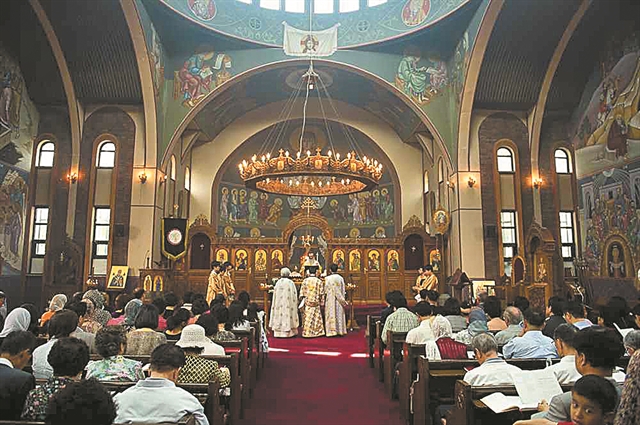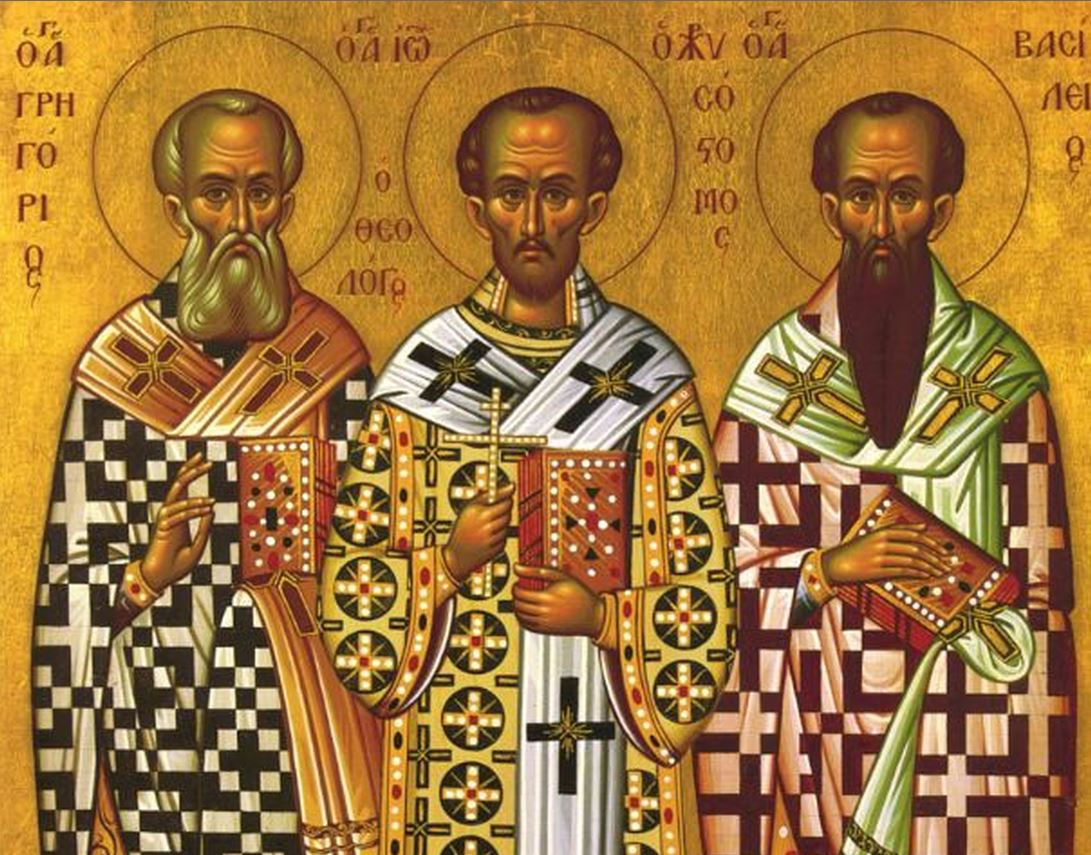The Three Hierarchs of the Orthodox Church—Basil the Great, John Chrysostom, and Gregory the Theologian—are honored annually on January 30 for their pivotal role in shaping and uniting Orthodox Christianity.
All three figures were born in the Cappadocia region of modern-day Turkey between 330 and 350 AD. They lived during the same period, pursued similar studies, had common teachers, led both philanthropic and ascetic lives, and ultimately fought vigorously and successfully against Arianism. Arianism was a theological movement that rejected the doctrine of the Holy Trinity in favor of a unitarian view of Christ.
It was their defense of the Holy Trinity against Arianism that nearly “divided” these revered figures, but ultimately, their theological battles helped solidify Orthodox doctrine and unite the faith.
The Ioannites, Gregorites, and Basilians
The theological contributions of each of the Three Hierarchs were so profound that they sparked divisions among clergy and believers. According to To Vima, followers split into three factions based on whom they considered most significant, forming the Ioannites (followers of John Chrysostom), Gregorites (followers of Gregory the Theologian), and Basilians (followers of Basil the Great).
To resolve these disputes, Metropolitan John Mauropous of Euchaita (1000–1070) established the Feast of the Three Hierarchs, despite each already having an individual feast day.
This initiative successfully eased tensions within the Church, and from that point forward, the Three Hierarchs have been commemorated together on January 30 as Great Fathers and Ecumenical Teachers, in addition to their personal feast days.
The Theological and Educational Significance of the Feast
Beyond its theological importance, the Feast of the Three Hierarchs has an educational aspect, as they are revered as the patrons of Greek letters and education.
On August 9, 1841, the National and Kapodistrian University of Athens officially declared the Three Hierarchs as the patrons of Greek letters and education and the first celebration of the figures in this role took place on January 30, 1842.
From 1842 until 2020, all educational institutions in Greece observed the feast as a school holiday. However, in 2020, Education Minister Niki Kerameus abolished the holiday, drawing sharp criticism from the Orthodox Church. Today, the feast is no longer observed as a school holiday in any educational institution.
Church Accuses Government of Downgrading the Feast
The Church of Greece has condemned what it sees as the continued marginalization of the Feast of the Three Hierarchs. The Holy Synod, in disagreement with the government’s decision, issued a message to educators and students addressing the rising problem of school violence, which it described as a “scourge.”
The Holy Synod emphasized that the Three Hierarchs, known as the “Saints of Letters,” championed justice, equality, respect for human dignity, and peace—values it sees as increasingly under threat in modern Greek society, and the need for the continual veneration of the figures.




